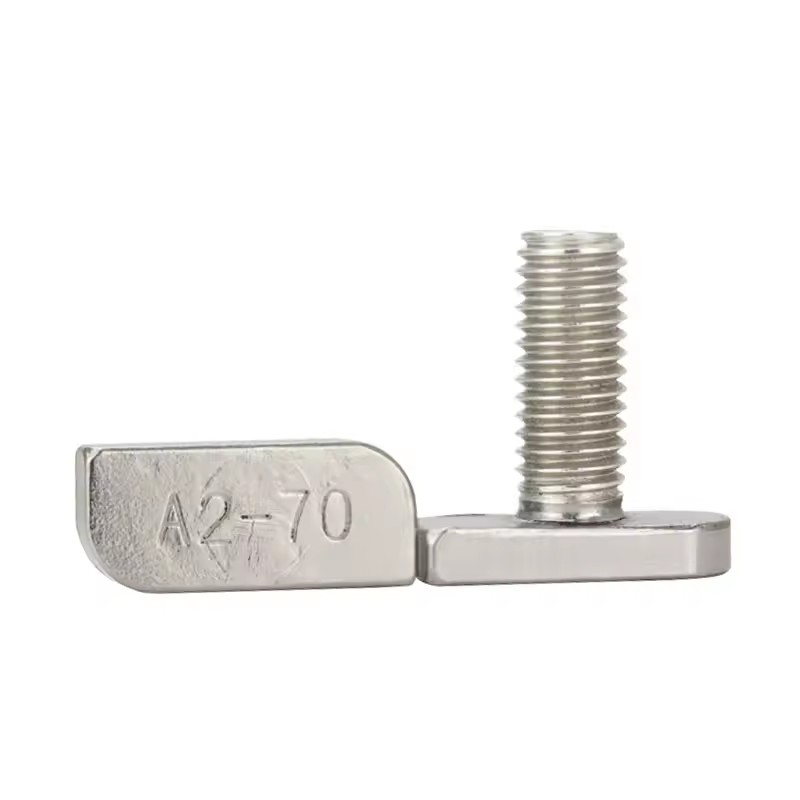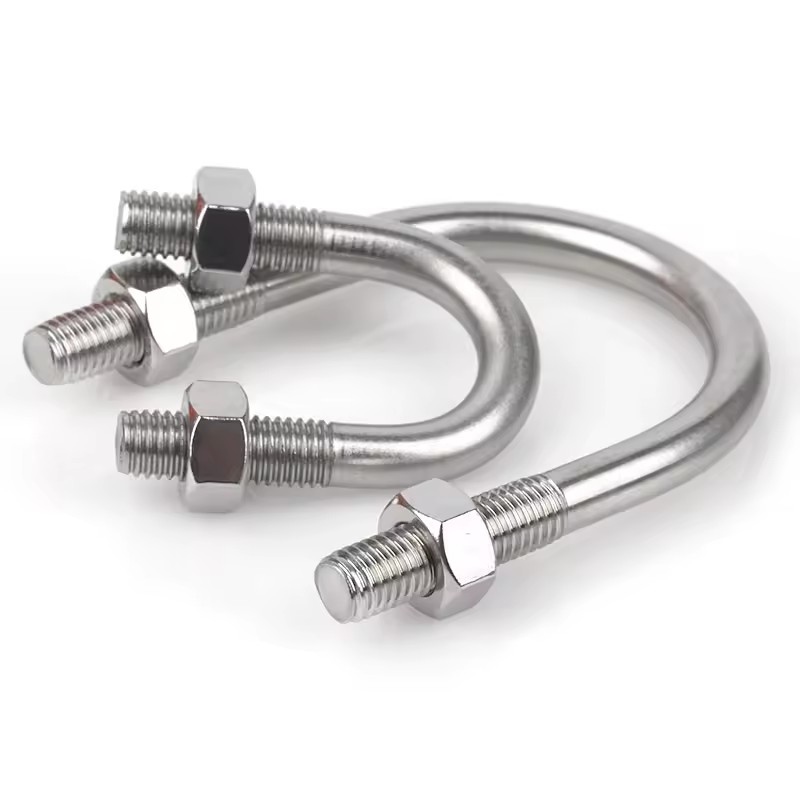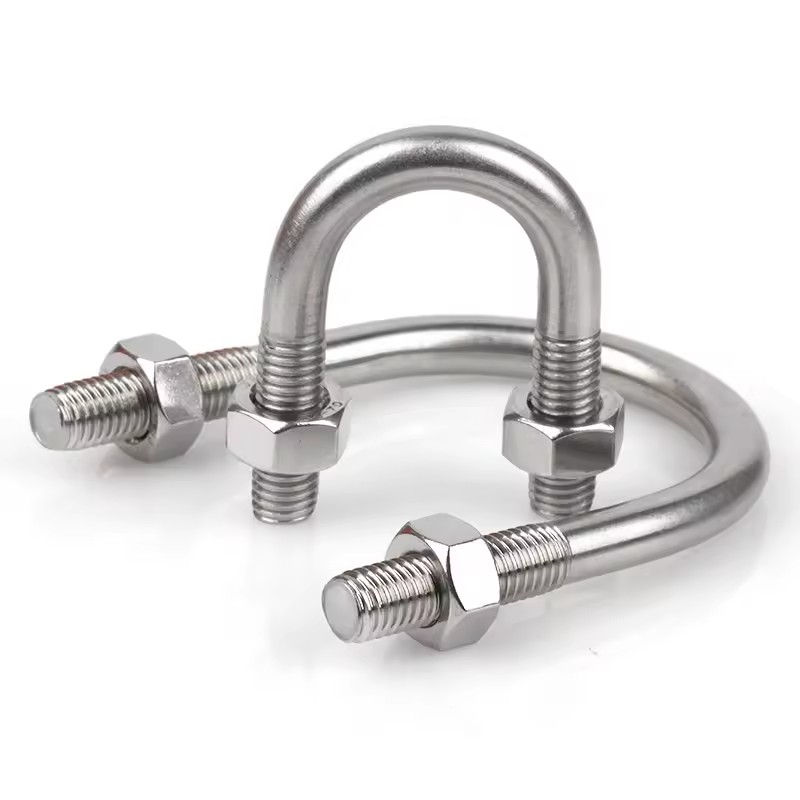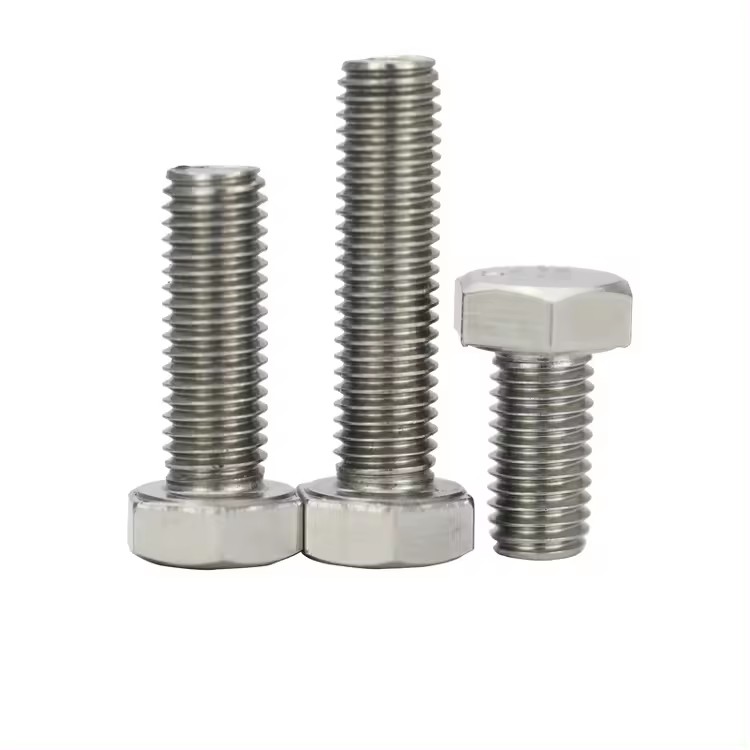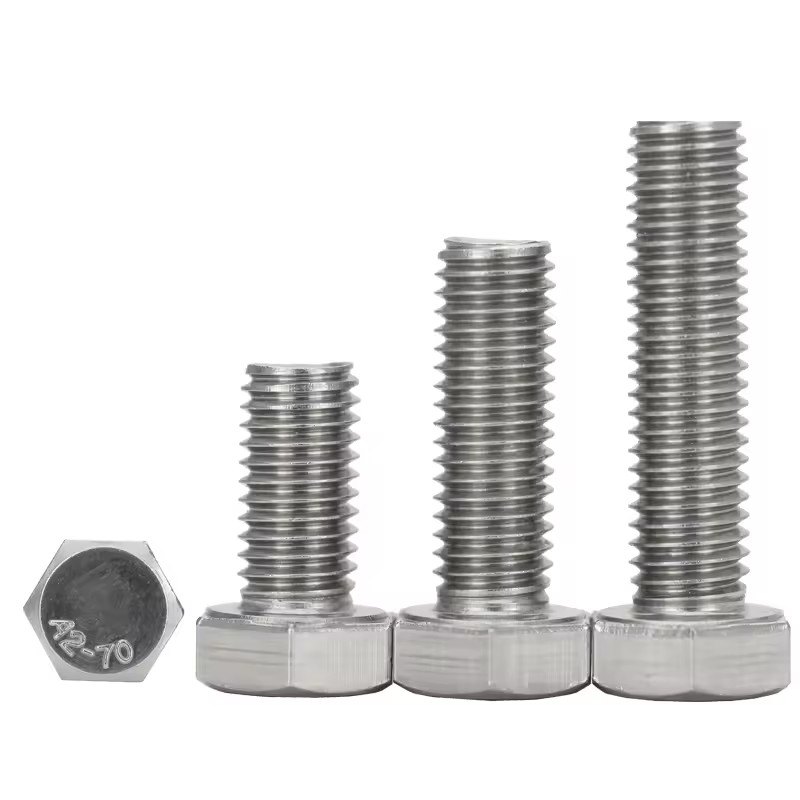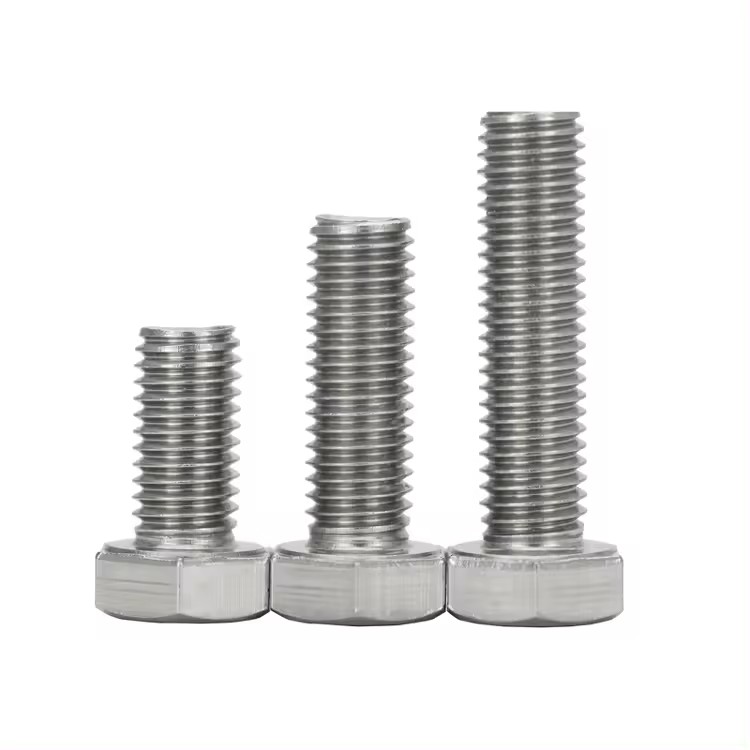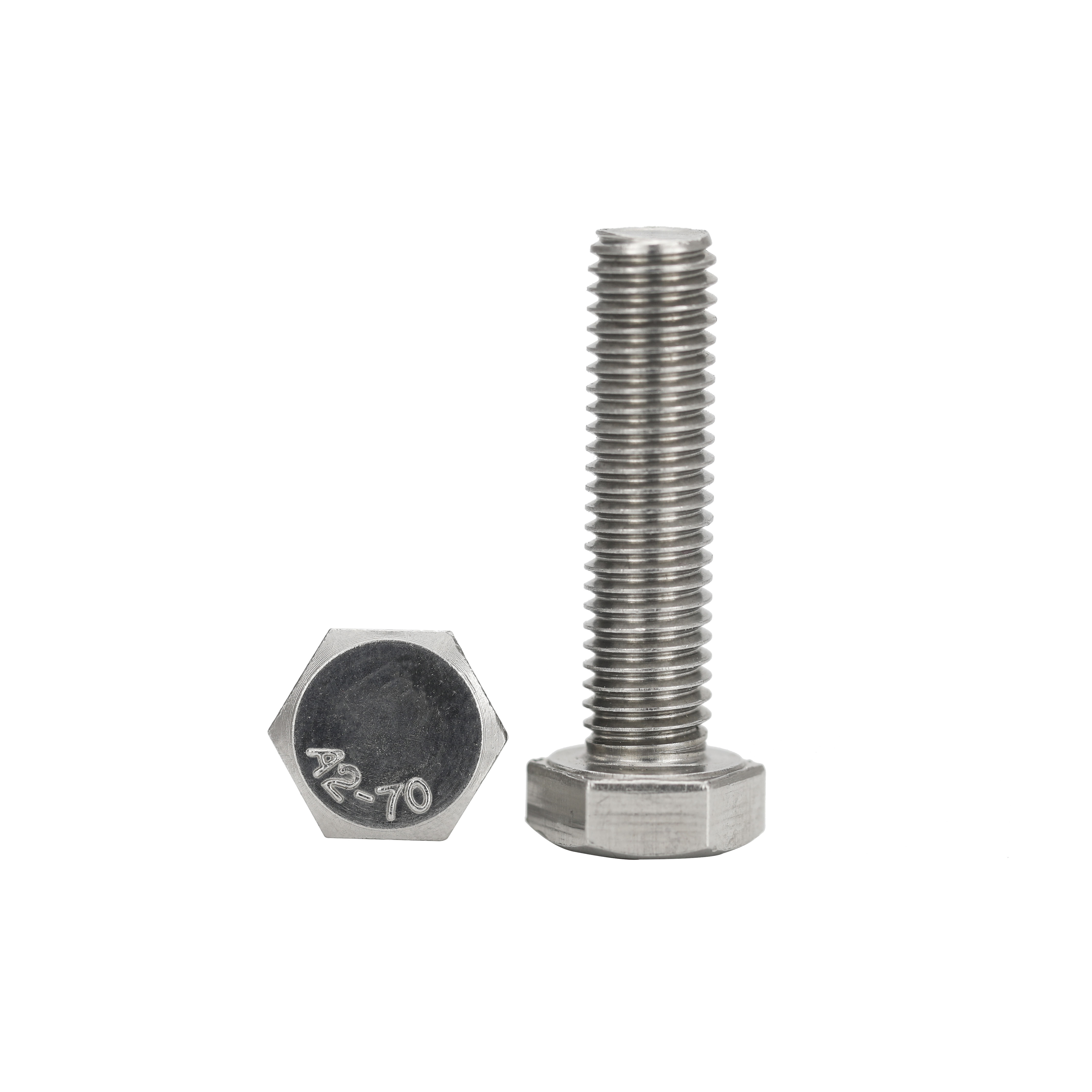In the realm of fasteners, few components strike the perfect balance of strength, corrosion resistance, and ease of use like stainless steel self-tapping screws. Designed to cut their own threads as they are driven into material, these versatile fasteners have become indispensable across industries—from construction and manufacturing to marine and automotive applications.
Built for Performance
At their core, stainless steel self-tapping screws offer one defining advantage: autonomy. Unlike conventional screws that require pre-threaded holes, these screws carve a path as they go. The result is a streamlined installation process, reduced need for pilot holes, and minimized assembly time.
But performance goes beyond convenience. These screws are forged from stainless steel—an alloy known for its exceptional tensile strength, resilience under stress, and remarkable resistance to rust and corrosion. Whether exposed to harsh weather, humid environments, or chemically aggressive conditions, stainless steel holds its ground where lesser materials falter.
A Design That Works Harder
Every self-tapping screw is a miniature marvel of engineering. The thread pattern is sharp and precisely pitched to grip a variety of materials—sheet metal, plastics, wood, and composite substrates—with unwavering tenacity. The point type varies: some feature a Type A or AB point for thin metal sheets, others adopt a fine-threaded Type B or a piercing needle point for tougher surfaces.
The head design, too, offers options tailored to function. Pan heads sit low and wide for a clean finish. Flat heads countersink into the surface for a flush look. Hex washer heads provide extra torque and grip—ideal for power tool applications.
Each detail is crafted with purpose. Each screw, a specialized tool.
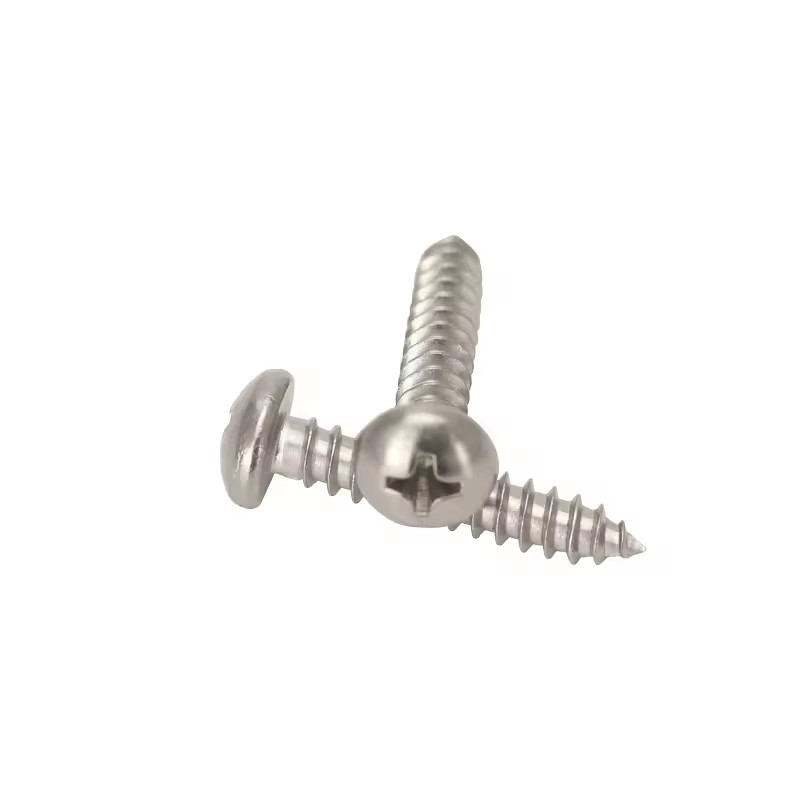
Reliability Across Industries
From aircraft panels to kitchen cabinets, the stainless steel self-tapping screw has made its mark. In construction, it anchors sheet metal to steel framing, ensuring structural integrity with minimal thermal expansion impact. In HVAC systems, it binds ducts and vents with airtight precision. Marine-grade variants, often made from 316 stainless steel, resist salt spray and brackish water environments, making them ideal for boatbuilding and dock assembly.
Their utility in electrical and electronics manufacturing is equally impressive. The non-magnetic properties of certain stainless steel grades reduce interference in sensitive equipment. And because they resist oxidization, these screws maintain conductivity where other fasteners would degrade.
Cost-Efficiency Meets Longevity
While stainless steel screws may carry a higher upfront cost compared to zinc-coated or carbon steel alternatives, their long-term benefits are indisputable. Fewer replacements. Lower maintenance. Greater durability under duress.
Moreover, because they eliminate the need for tapping tools and reduce installation steps, labor costs fall and assembly line productivity climbs. For OEMs and field installers alike, this translates to tangible savings and superior project timelines.
Eco-Conscious Engineering
As industries pivot toward sustainable practices, stainless steel fasteners offer an environmentally sound solution. Fully recyclable and free from toxic coatings, they align with green building certifications and eco-friendly manufacturing initiatives. Their longevity also curbs the environmental toll of frequent part replacements.
In a world driven by speed, precision, and sustainability, stainless steel self-tapping screws emerge as an unsung hero. They don’t just hold components together—they elevate the performance and integrity of entire systems.
For engineers, builders, and designers seeking a reliable, high-performance fastener that stands the test of time and environment, the choice is unequivocal. Stainless steel self-tapping screws aren’t just a better fastener. They’re the standard by which all others are measured.





